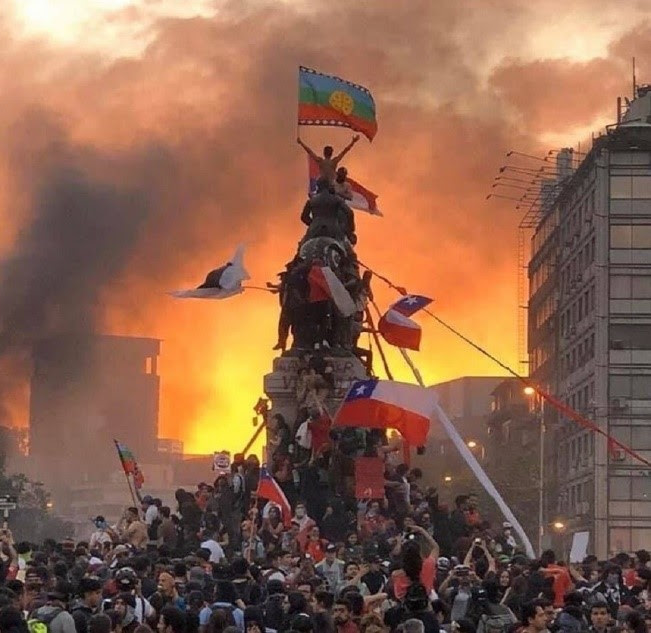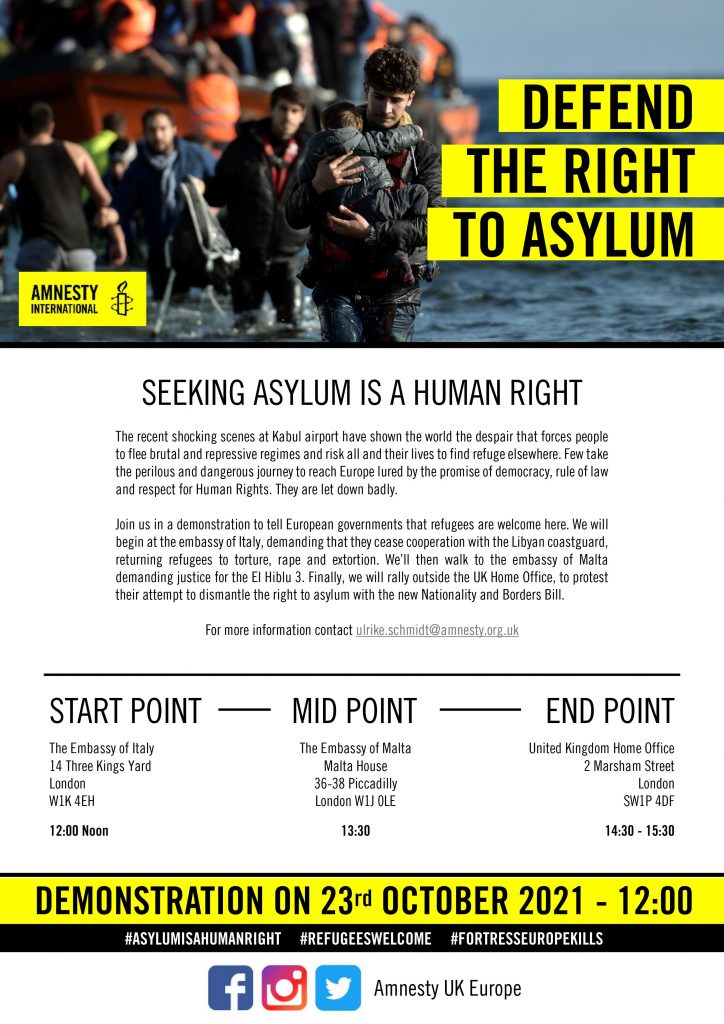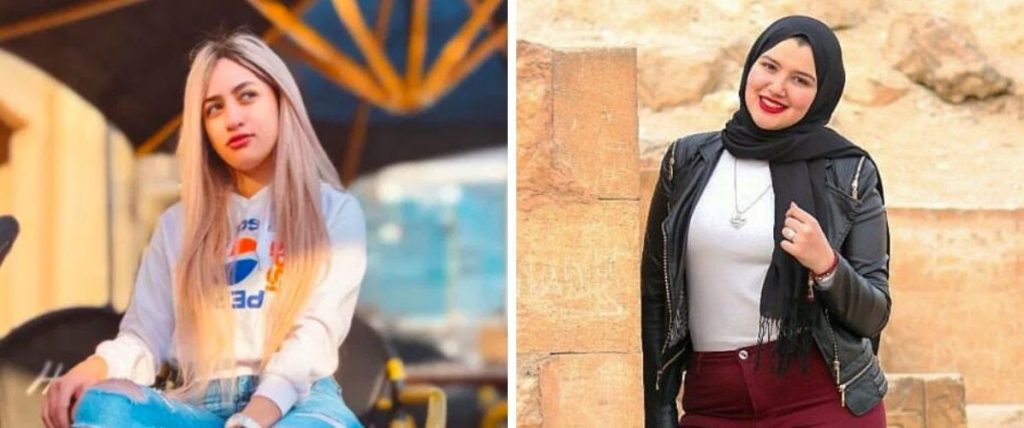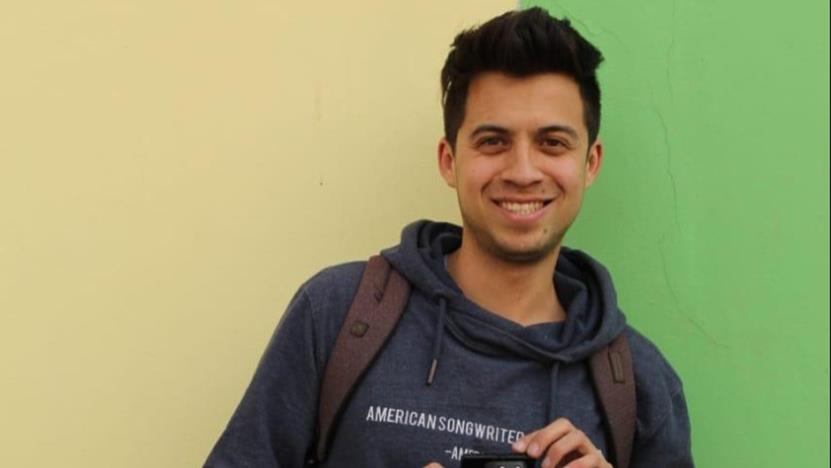Below is a briefing from AIUK on current legislation going through Parliament that will impact on our rights. Currently there is an online petition relating to the Police, Crime, Sentencing and Courts Bill. Do write to your MP if you have time. There is a proform letter to MP – relating to all legislation – you can download and adapt. The briefing document it refers to can be downloaded here..
Your human rights are your personal freedoms. You can’t see or touch them, but they should always have your back. Think of them as your invisible armour. If you don’t find yourself thinking about your rights much, that’s a good sign that they’re there for you and doing what they should be: making you feel safe, accepted and free to enjoy your life with dignity and without fear. But what if someone quietly took your armour away, bit by bit, and you didn’t realise until it was too late? How would you protect yourself?
That’s what’s happening right now, right under our noses – and the UK government doesn’t want you to know about it. As we speak, they are trying to introduce new laws and make changes to existing ones that will result in less freedom for ordinary people, more power for people in authority, and even greater inequality in our society. These changes will also make it harder for you to stand up for yourself if your human rights are being abused. And on top of that, in many cases it will be society’s most vulnerable people who are the worst hit by the changes. Our freedoms are under attack from all angles: this is a raid on our rights.
If you’re still not sure what all this means in practice, you’re not alone. That’s exactly what people in power want, as a lack of public understanding makes it easier for them to sneak through changes that will negatively affect people’s lives without them realising (until it’s too late). We’re here to shout about the changes and make sure as many people as possible are aware of them, as we need your help to fight them.
Here are some examples of what’s at risk in the UK Government’s rights raid.
The Police, Crime, Sentencing and Courts Bill [Read more…]
 This month marks the 2nd anniversary of the Estallido. The Estallido are a series of protests that took place in Chile in 2019 and expanded to several cities across the country. On 25 October 2019, over 1.2 million people took to the streets of Santiago to protest against social inequality, demanding President Piñera’s resignation, in what was called as “
This month marks the 2nd anniversary of the Estallido. The Estallido are a series of protests that took place in Chile in 2019 and expanded to several cities across the country. On 25 October 2019, over 1.2 million people took to the streets of Santiago to protest against social inequality, demanding President Piñera’s resignation, in what was called as “

